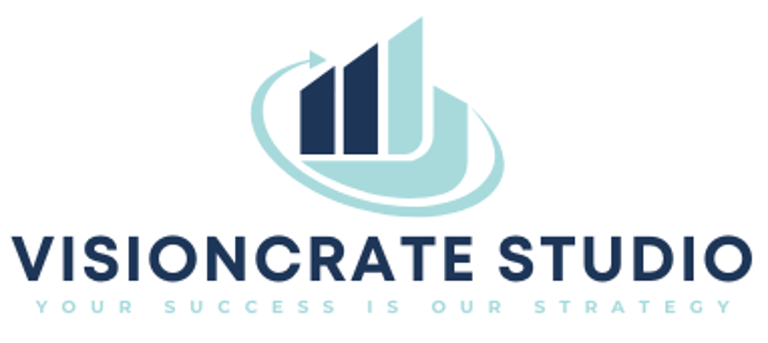SEO vs PPC: Choosing the Best Strategy for Your Business
"Search Engine Optimization (SEO) and Pay-Per-Click Advertising (PPC) are two of the most powerful tools in digital marketing. But which one is best for your business? This blog dives into the pros and cons of each, explains how they work together, and helps business owners make smarter decisions based on goals, budget, and long-term growth."
8/29/20252 min read


Introduction to SEO and PPC
In the ever-evolving landscape of digital marketing, businesses often find themselves weighing the merits of Search Engine Optimization (SEO) against Pay-Per-Click (PPC) advertising. Both strategies offer unique advantages for visibility, traffic, and conversions; however, they cater to different business needs and objectives. Understanding the core differences and implications of each method is essential in making an informed decision.
The Advantages of SEO
Search Engine Optimization, or SEO, refers to the process of optimizing a website in order to obtain a higher ranking on search engine results pages (SERPs). One of the primary benefits of SEO is its long-term impact. Once your site secures a top position in search results, it can continue to attract organic traffic without incurring additional costs per visitor. This makes SEO an excellent choice for businesses with tight budgets who wish to build sustainable online visibility.
Furthermore, SEO enhances the credibility and trustworthiness of a brand, as organic listings are generally perceived as more legitimate compared to paid advertisements. This can lead to higher click-through rates and ultimately more conversions, as potential customers often prefer to engage with sites that appear naturally in search results.
The Appeal of PPC Advertising
On the other hand, Pay-Per-Click advertising is a model in which businesses pay for their ads to appear at the top of search results. This approach can deliver immediate results, providing advertisers with instant visibility to potential customers as soon as a campaign is launched. For businesses needing quick traffic or promoting time-sensitive offers, PPC may be the ideal solution.
PPC also offers extensive targeting options, allowing advertisers to reach specific demographics, locations, and even consumer behavior patterns. This targeted approach increases the likelihood of conversion, as it connects businesses with users actively searching for related products or services. Moreover, PPC campaigns can be meticulously monitored and adjusted based on performance metrics, making it easier to allocate budgets effectively.
Which Strategy Is Right for Your Business?
The decision between SEO and PPC ultimately hinges on your business goals, budget, and the market landscape in which you compete. If you're looking for sustainable growth and have the time to invest in content development and optimization, SEO might be the best route to pursue. Conversely, if your business model requires immediate visibility and you possess the financial capacity to sponsor ads, PPC could be the preferable choice.
In conclusion, both SEO and PPC present powerful tools for enhancing online presence and fulfilling business objectives. Many successful companies leverage a combination of both strategies to maximize their reach. By aligning your marketing efforts with your specific needs and consumer behaviors, you can determine which strategy will deliver the most significant returns for your business.
Connect
Empowering brands through innovative marketing strategies.
Services
About
contact@visioncratestudio.site
+1 (717)-452 3652
© 2025. All rights reserved.
103 Hillcrest Ave, Lancaster, KY 40444, USA
